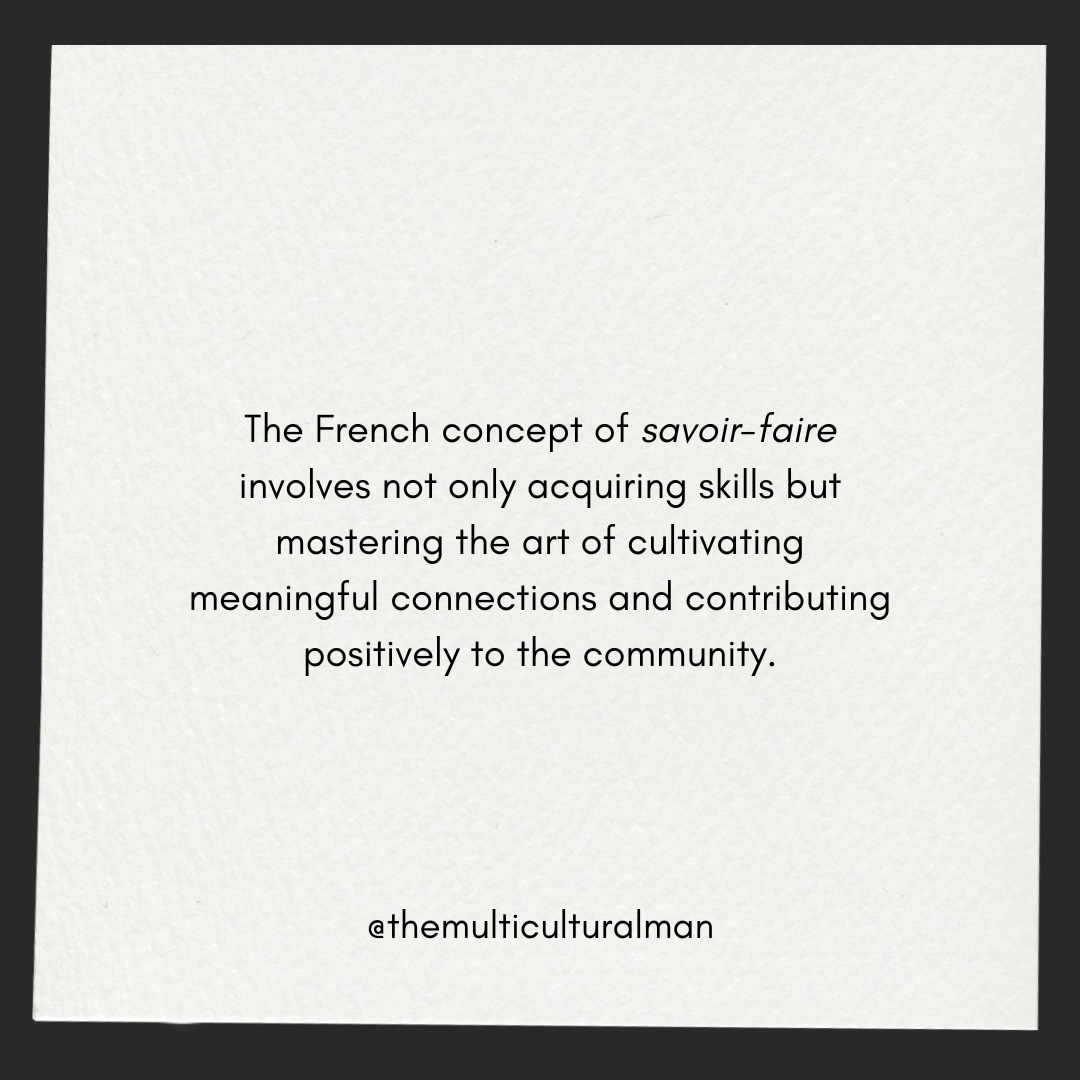They laughed in my face. In that moment, I felt small and foreign in my own surroundings. I made one simple mistake and now, I was the subject of someone’s amusement.
It had been a particularly long day. My mind was not operating at its sharpest. In the midst of buying furniture for my new apartment, I identified a couple of retail workers to ask about the delivery process.
“How does the process work for multiple deliveries?” I asked them. The confusion on their faces communicated that I said something wrong.
“You want to make multiple deliveries?” they quizzically asked.
“Yes, I want to order a couch, bed, and a few other items.” I responded.
Tinged with sarcasm, they asked, “to the same address?”
Realizing my phrasing mistake, I chuckled, admitting, “Yes, multiple items to be delivered to the same address. So, one delivery actually.”
Immediately, a burst of laughter erupted. “We were SO confused by what you meant” they exclaimed, as they held each other to avoid toppling over.
In that moment, I felt small. After a challenging day, attempting to accomplish a simple task became a test. How should I react?
I questioned if this was the way they treated every customer. Despite my ability to communicate in English and correct misunderstandings quickly, I wondered what the experience of someone less fluent in English would be. Born in the US, my English proficiency is a privilege. In a multicultural country like the US, where people come from diverse linguistic backgrounds, not everyone possesses the same ease in navigating language intricacies.
I left that conversation by asking a few follow up questions before thanking them for their time. Leaving that interaction, frustration lingered. The retail workers seemed to be villains in this story, refusing to bridge the communication gap with empathy.
However, I started to wonder about them. What if their days had been taxing as well? Perhaps they encountered a rude customer earlier or had a fight with their boss? My question might have been the proverbial straw that broke the camel’s back.
While I can’t know for sure the reasons behind their actions, I can control my reaction. Expressing frustration towards those retail workers would have served no purpose. Instead, I chose to extend kindness and empathy, as I would want those extended towards myself.
I forgave those retail workers, recognizing that everyone has moments of imperfection. No one is consistently at their best, and living in a forgiving society is important. I hope that by treating others respectfully, even in moments of frustration, I can contribute to a ripple effect normalizing empathy.





